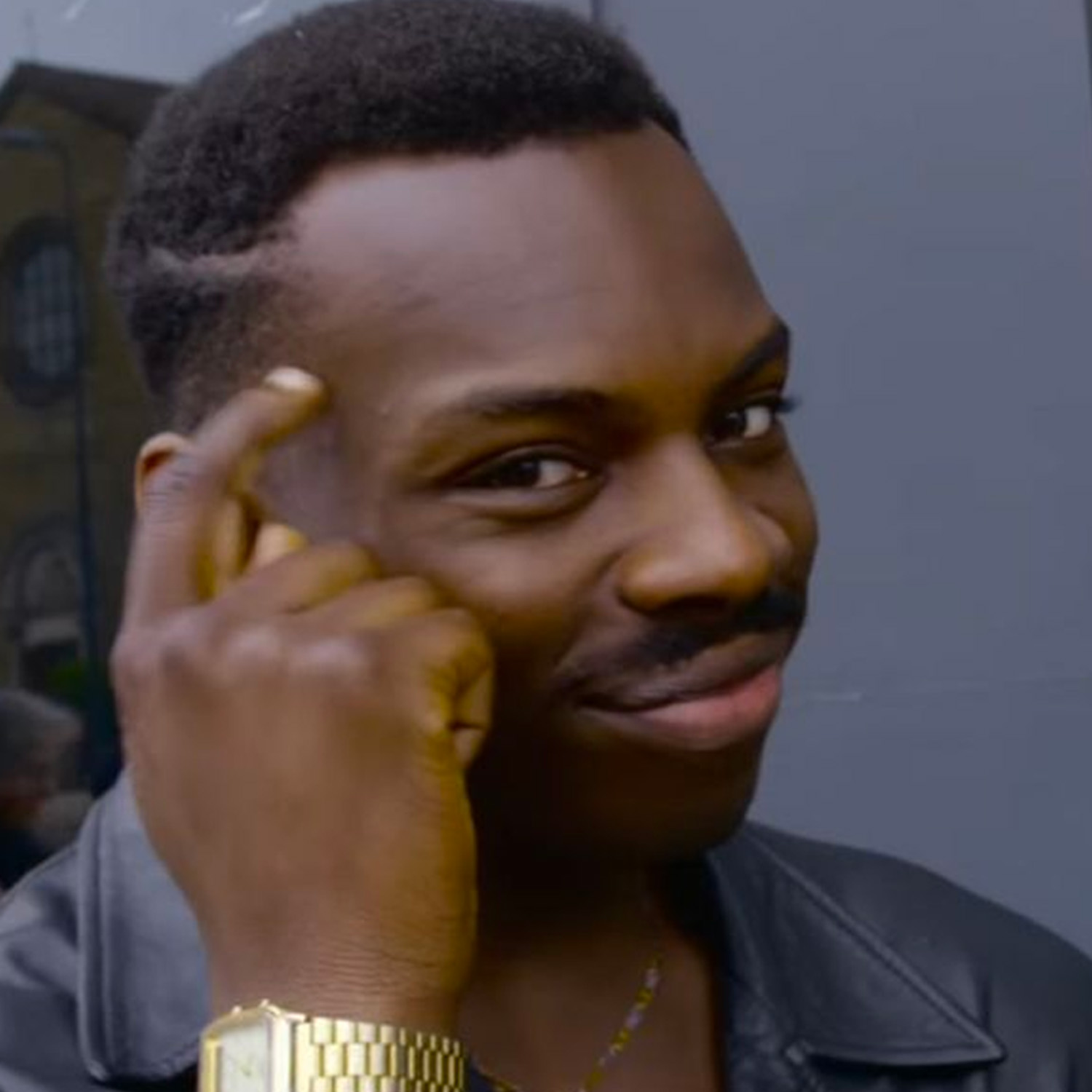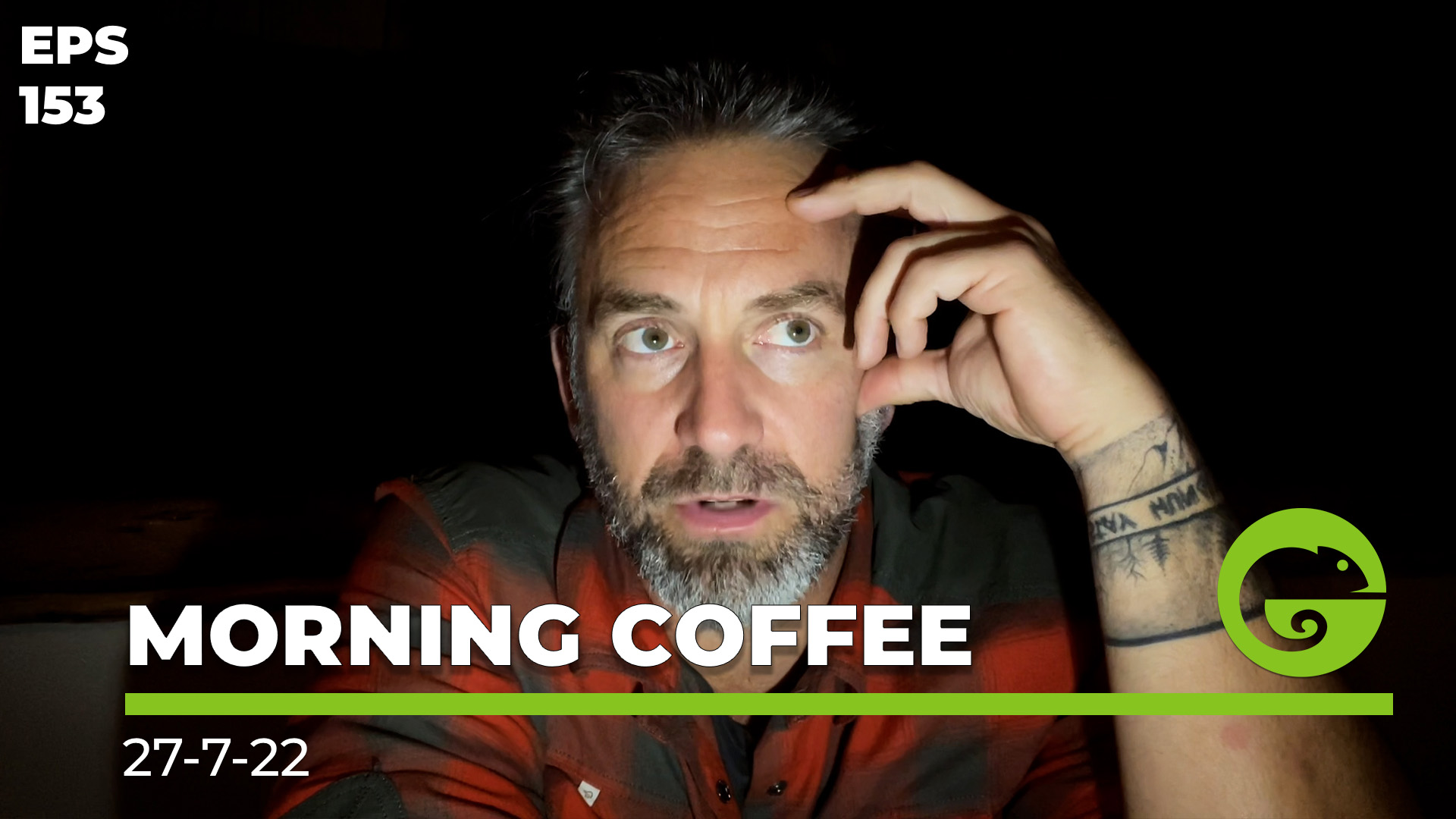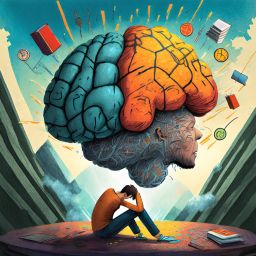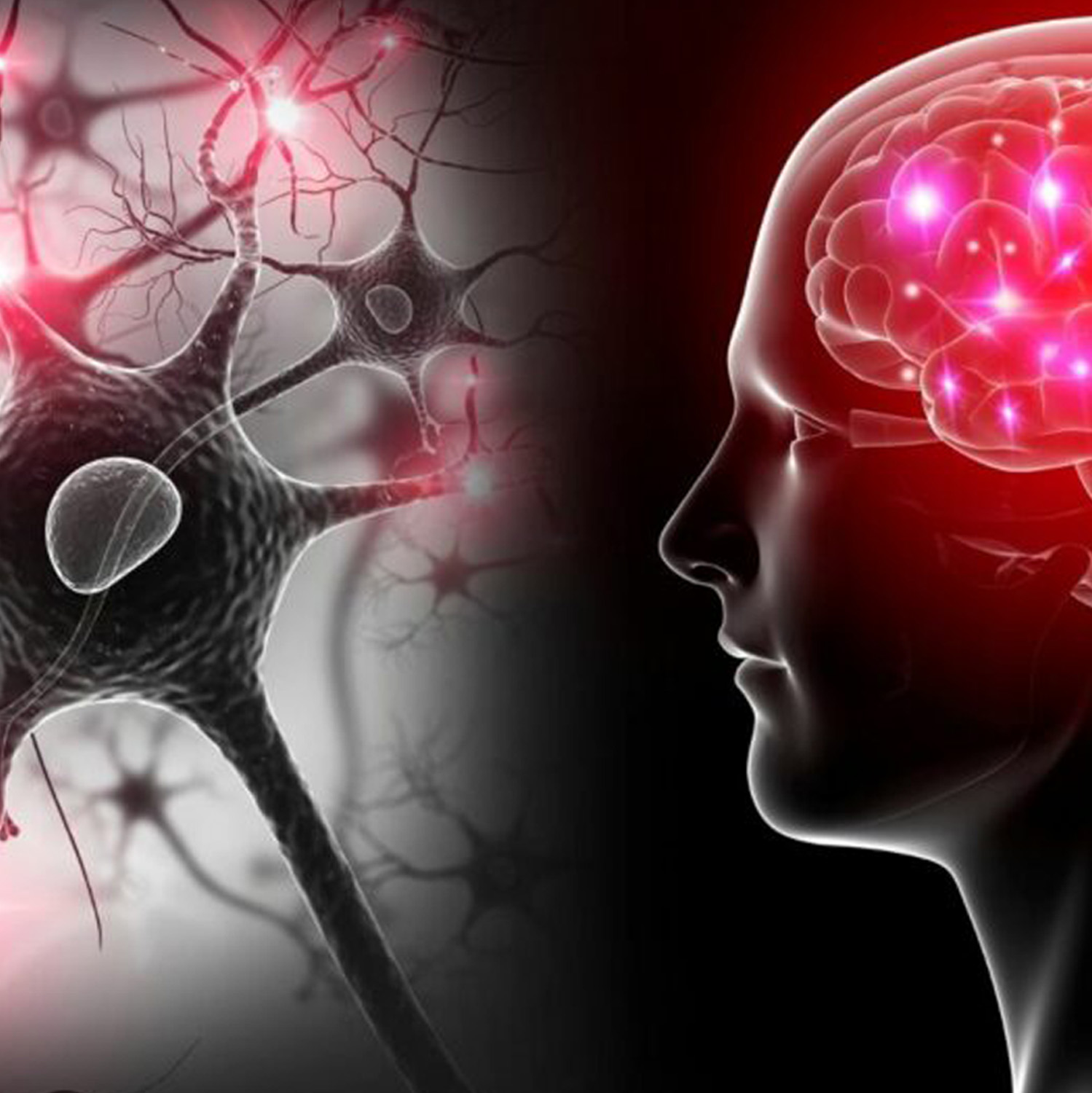Gratitude, thankfulness or gratefulness, come from the Latin word gratus, meaning “pleasing” or “thankful”. It’s regarded as a feeling of appreciation by a recipient of another’s kindness, gifts, help, favours, or other form of generosity to the giver of such gifts.
In the 1950’s, scientists started to examine gratitude and how it affected both groups and individuals and since then interest in this has grown as the effects on mental health and happiness has become increasingly apparent.

In broad terms, gratitude can be categorised in three different ways.
- Mood
- Emotion
- Trait
As a mood, gratitude will fluctuate over time and as an emotion it’s a briefer feeling that is experienced in a singular moment.
Gratitude can also be a character trait in that it’s a part of a person’s general disposition. Some people simply experience gratitude more frequently than others.
Research has shown us that gratitude can have a transformative effect on people’s lives and the positive effects on mental and physical health includes:
- Higher self esteem
- Stronger relationships
- Better sleep
- Higher levels of optimism
- Lessens anxiety and depression
Recent studies has also found that gratitude, either giving gratitude or even seeing someone engaging in gratitude, has a marked affect in increasing levels of serotonin in the body. Serotonin is a neurotransmitter that acts as a natural mood stabiliser and that gives us a happy, contented feeling.
In broad terms there are two stages of gratitude.
The first stage is to recognise and acknowledge the good in your own life.
How you think and feel inside and how you think about your own subjective experiences. After that, there’s the acknowledgement that some sources of goodness, and gratitude lies outside of of yourself such as nature, friends and family and dogs.
At the end of the day gratitude is an intensely rewarding experience and process. It can help you to form new social connections and strengthen current ones.
Gratitude can be used so make amends, apologise and even help to solve problems while you deploy gratitude and self-awareness.
Acts of gratitude can be used to apologise, make amends and help solve other problems.
Alternatively, and this is the real win, gratitude is an intrinsic and incredibly rewarding process and will make you look at an appreciate your life in a very different and often motivated way.
As cliched as it is, the idea that tomorrow is not guaranteed can be a strong motivator for some people to be their “best self” today.
Gratitude.
It’s not just an airy-fairy concept that has no substance. It’s real and can make a real difference in your life, how you feel about and the headspace with which you approach it.
Will share more on how you can practise gratitude in next week’s recap video but for now, and I deeply and truly mean this, thank you for reading and following along. 😊🙏🏼

















